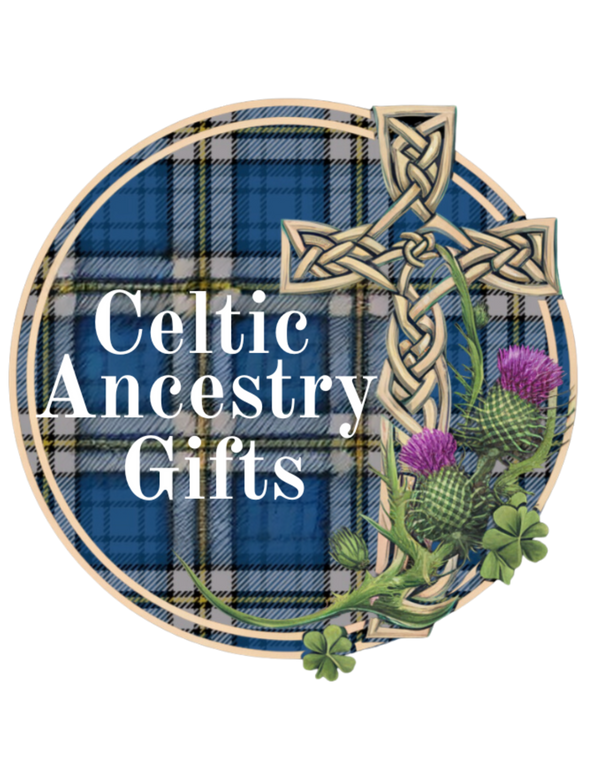
The Proud Legacy of Clan Galloway: Guardians of Scotland’s Western Border
Share
🏰 The Proud Legacy of Clan Galloway: Guardians of Scotland’s Western Border
From medieval warriors to modern-day descendants around the world, Clan Galloway's story is one of strength, strategy, and survival on the wild Scottish frontier.
Origins and Early History
Clan Galloway takes its name from the ancient region of Galloway in southwest Scotland—once a fiercely independent Norse-Gaelic kingdom that resisted both Scottish and English control. The name itself comes from the Gaelic Gall-Gaidheil, meaning “foreign Gaels” or “stranger Gaels,” referencing the Norse-Gaelic settlers who mixed Viking and Celtic heritage.
The clan likely descends from local nobility in this hybrid Norse-Celtic region and is thought to be associated with the powerful Lords of Galloway, who ruled semi-independently until the 13th century. Though never a large Highland clan, the Galloways were respected landowners and border guardians, with their loyalties often split between crown, country, and region.
Notable Landmarks
Galloway Forest Park: This vast natural region reflects the rugged, independent spirit of the people who lived there for centuries.
Wigtown & Kirkcudbright: Key settlements in historic Galloway where early members of the clan likely held land.
Threave Castle: While not directly tied to the clan, this formidable stronghold in Galloway symbolizes the area's warlike and strategic past.
Clan Connections and Septs
The Galloway name is considered territorial rather than derived from a single bloodline, meaning it was adopted by families who lived in or had ties to the region. As such, the clan does not have a recognized chief today and is considered an armigerous clan—a clan without a current chief recognized by the Lord Lyon.
Despite this, the name is deeply tied to the history of the Borders and often connected to clans like Maxwell and Douglas, who held lands and power in the same area.
Notable Figures
Alan of Galloway (1175–1234): Though not strictly of Clan Galloway, he was one of the most powerful men in medieval Scotland and Lord of Galloway.
Joseph Galloway (1731–1803): A Loyalist politician in colonial America, originally of Scottish descent, who sided with the British during the American Revolution.
Alexander Galloway (d.1552): A notable Scottish ecclesiastic and engineer who served as Canon of Aberdeen.
Battles and Conflict
Living on the frontier between Scotland and England, the people of Galloway were often caught in the middle of Border Wars, Viking raids, and internal power struggles. The clan name is associated with a long tradition of resistance, loyalty to regional lords, and service in Scotland’s many military campaigns throughout the centuries.
Members of the Galloway family also fought in the Wars of Scottish Independence, and later served in the armies of both the Royalists and Covenanters during the 17th-century civil wars.
Motto and Crest
Motto: Higher – Symbolizing ambition, progress, and resilience.
Crest: A crescent – often associated with hope, new beginnings, and honor gained through service.
Clan Galloway in the Modern Day
Though Clan Galloway lacks a central governing body today, the name continues to carry pride, history, and connection. Descendants can be found in Scotland, Ireland, Canada, Australia, and the United States—many tracing their ancestry to the tough, resilient families of the Borderlands.
From DNA testing to genealogy societies, more and more Galloways are rediscovering their roots and embracing their Scottish identity.
🛍️ Celebrate Your Heritage
Show your pride with exclusive Clan Galloway merchandise, including apparel, mugs, ornaments, and more perfect for gifts or personal connection to your family name.
